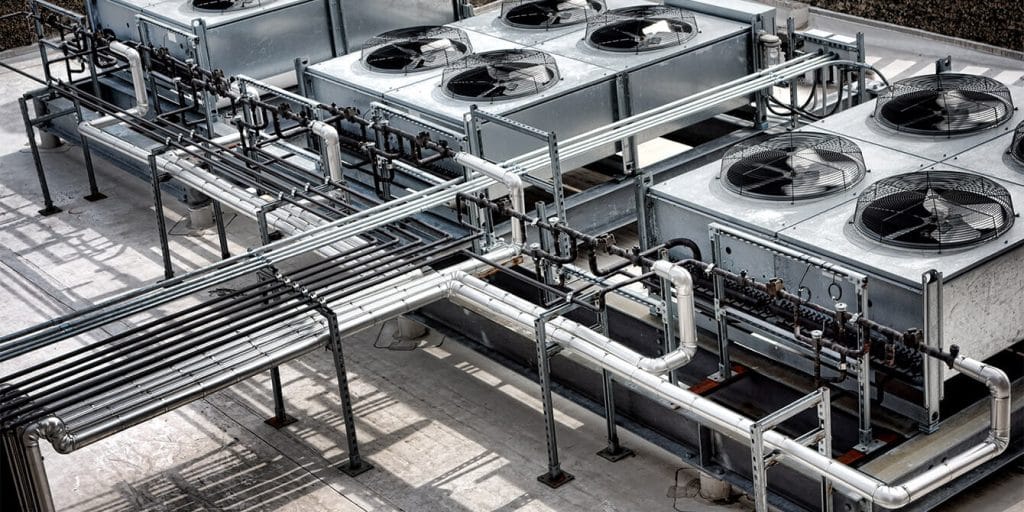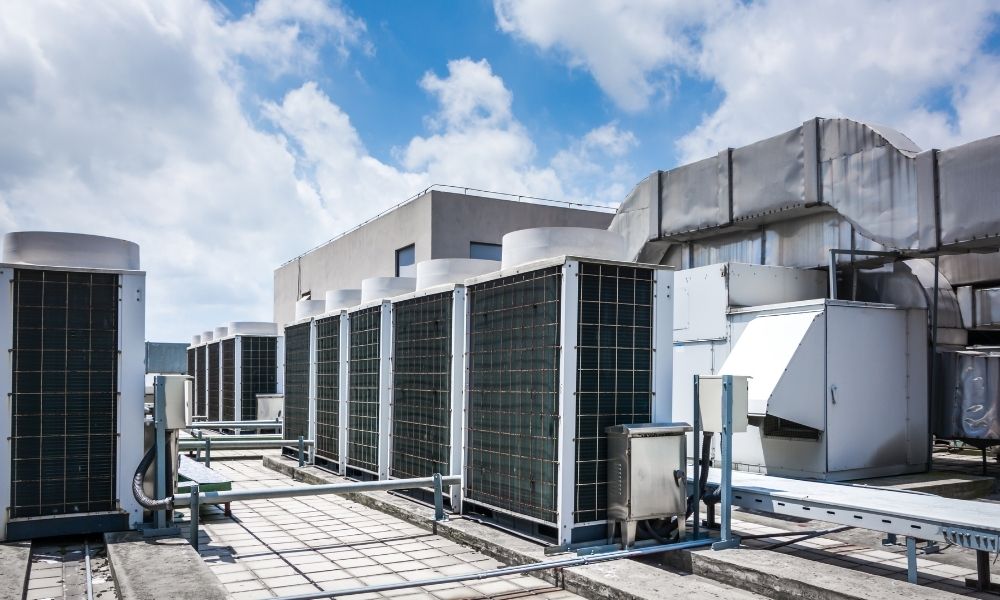In today’s modern world, HVAC (Heating, Ventilation, and Air Conditioning) systems have become an indispensable part of our lives. Whether it’s the scorching heat of summer or the freezing cold of winter, HVAC systems ensure that we stay comfortable in our homes, workplaces, and public spaces.
In this article, we will delve into the world of HVAC systems, exploring their functions, components, and benefits.
Understanding HVAC Systems

HVAC systems are designed to regulate and control the temperature, humidity, and air quality within a building or enclosed space. They offer a comprehensive solution for maintaining a comfortable environment, providing heating, cooling, ventilation, and air purification.
By integrating these functions, HVAC systems create a harmonious indoor atmosphere tailored to the specific needs of the occupants.
Components of HVAC Systems
Heating: Heating is a crucial aspect of HVAC systems, especially during colder months. Furnaces, boilers, and heat pumps are commonly used to generate heat. These devices distribute warm air through ducts, radiators, or underfloor systems, effectively raising the indoor temperature to desired levels.
Cooling: When the summer heat becomes unbearable, HVAC systems employ cooling mechanisms to bring relief. Air conditioners, heat pumps, or chillers extract heat from indoor air, releasing it outside and circulating cooled air back into the space. Cooling units can be centralized or localized, depending on the scale of the building and individual preferences.
Ventilation: Proper ventilation ensures the circulation of fresh air, removing pollutants, excess moisture, and odors from the indoor environment. HVAC systems incorporate ventilation systems, such as exhaust fans and air handlers, to facilitate air exchange while maintaining energy efficiency. Improved ventilation also contributes to better air quality and reduces the risk of airborne illnesses.
Air Purification: With increasing concerns about indoor air quality, HVAC systems now incorporate air purification technologies. Filters, UV lights, and electronic air cleaners remove contaminants like dust, pollen, mold spores, and bacteria, promoting a healthier breathing environment.
Benefits of HVAC Systems

Comfort: HVAC systems enable us to create a comfortable living and working environment regardless of the external weather conditions. They provide precise temperature control, humidity regulation, and air circulation, allowing individuals to stay productive and relaxed.
Energy Efficiency: Modern HVAC systems are designed with energy efficiency in mind. They employ advanced technologies, such as variable speed motors and smart thermostats, to optimize energy usage. Improved efficiency not only reduces environmental impact but also results in cost savings through lower utility bills.
Indoor Air Quality: HVAC systems play a vital role in maintaining indoor air quality. By filtering out pollutants and controlling humidity levels, they minimize the risk of allergies, respiratory issues, and the spread of airborne diseases.
Increased Property Value: A well-designed and properly functioning HVAC system adds value to a property. Prospective buyers and tenants often prioritize properties with efficient heating and cooling systems, leading to higher resale or rental prices.
Maintenance and Upkeep
To ensure optimal performance and longevity, regular maintenance of HVAC systems is crucial. It involves tasks such as filter replacement, duct cleaning, lubrication of moving parts, and inspection of electrical connections. Professional HVAC technicians can provide routine maintenance services and promptly address any issues that may arise.
Conclusion
HVAC systems have revolutionized the way we experience indoor spaces, providing us with year-round comfort and improved air quality. Whether it’s in our homes, offices, or public buildings, these systems have become an integral part of modern life.
By understanding their functions, components, and benefits, we can make informed decisions about HVAC installations and ensure their proper maintenance. With HVAC technology constantly evolving, we can expect even more efficient and eco-friendly systems to shape our indoor environments in the future.



